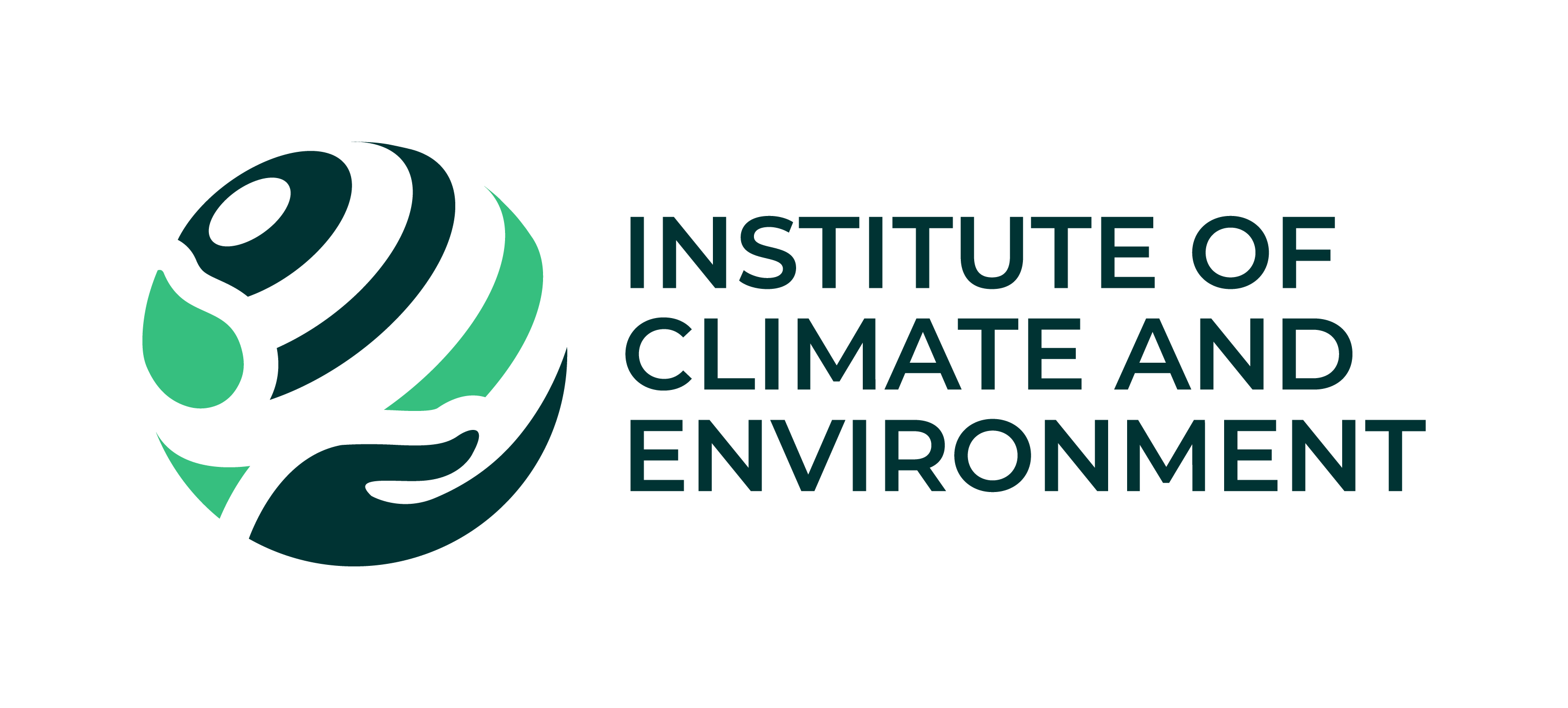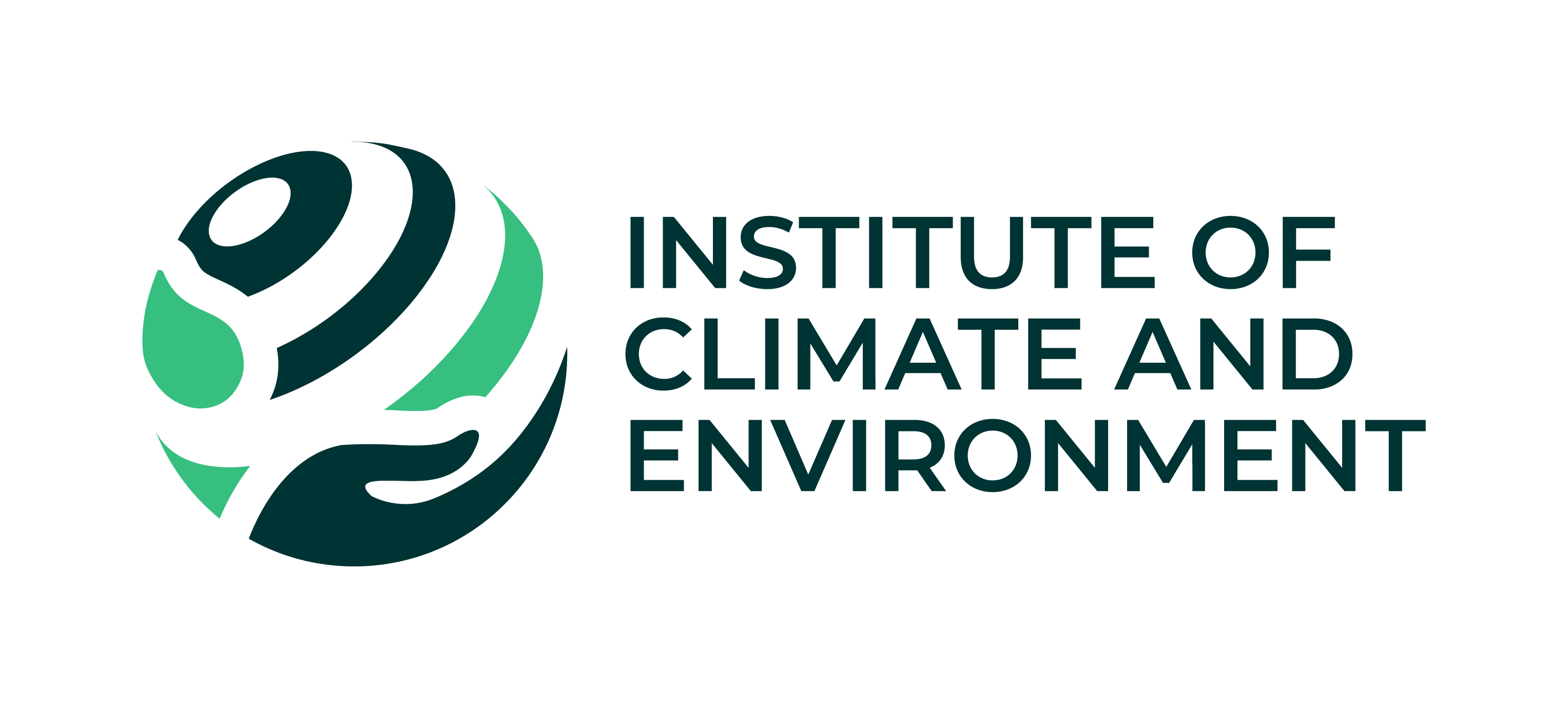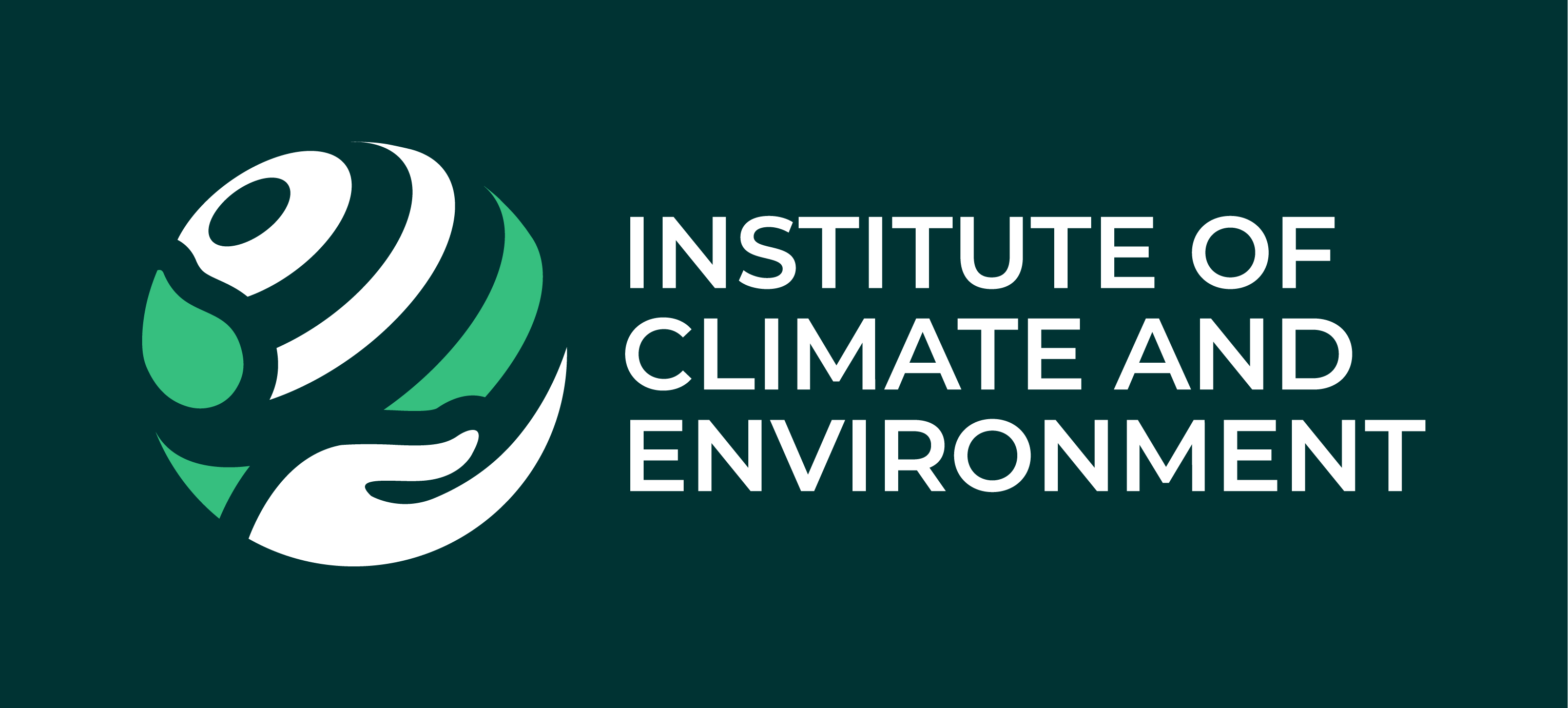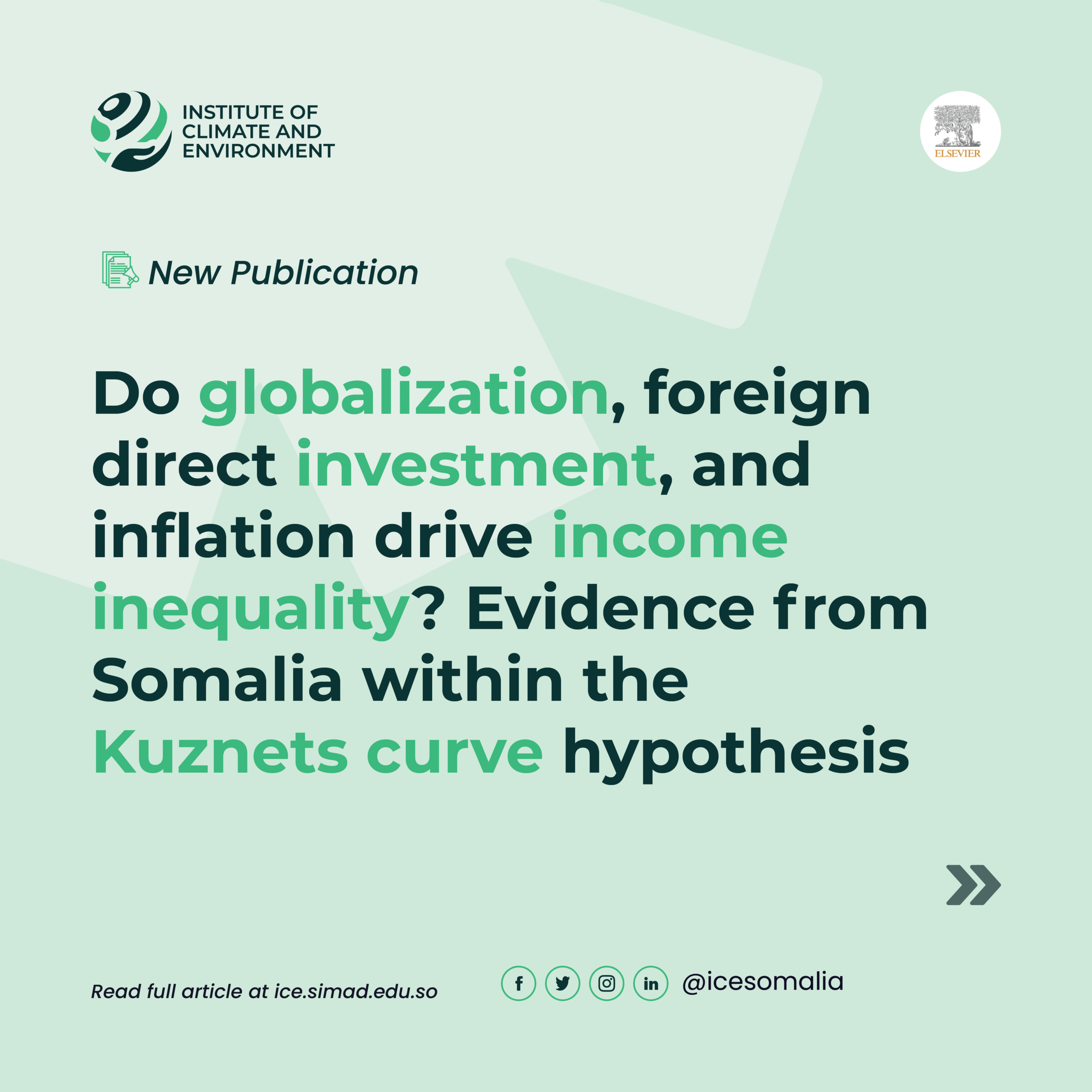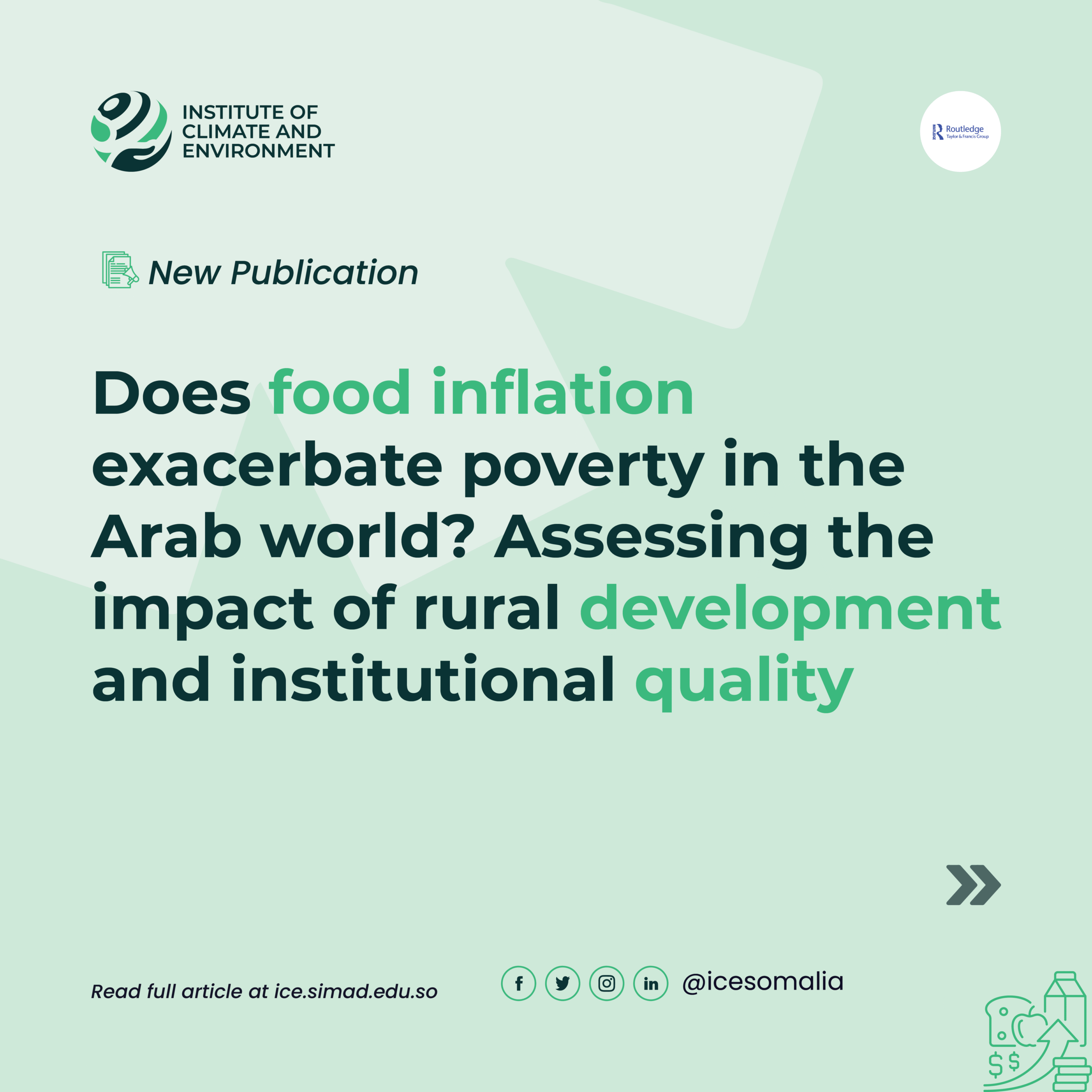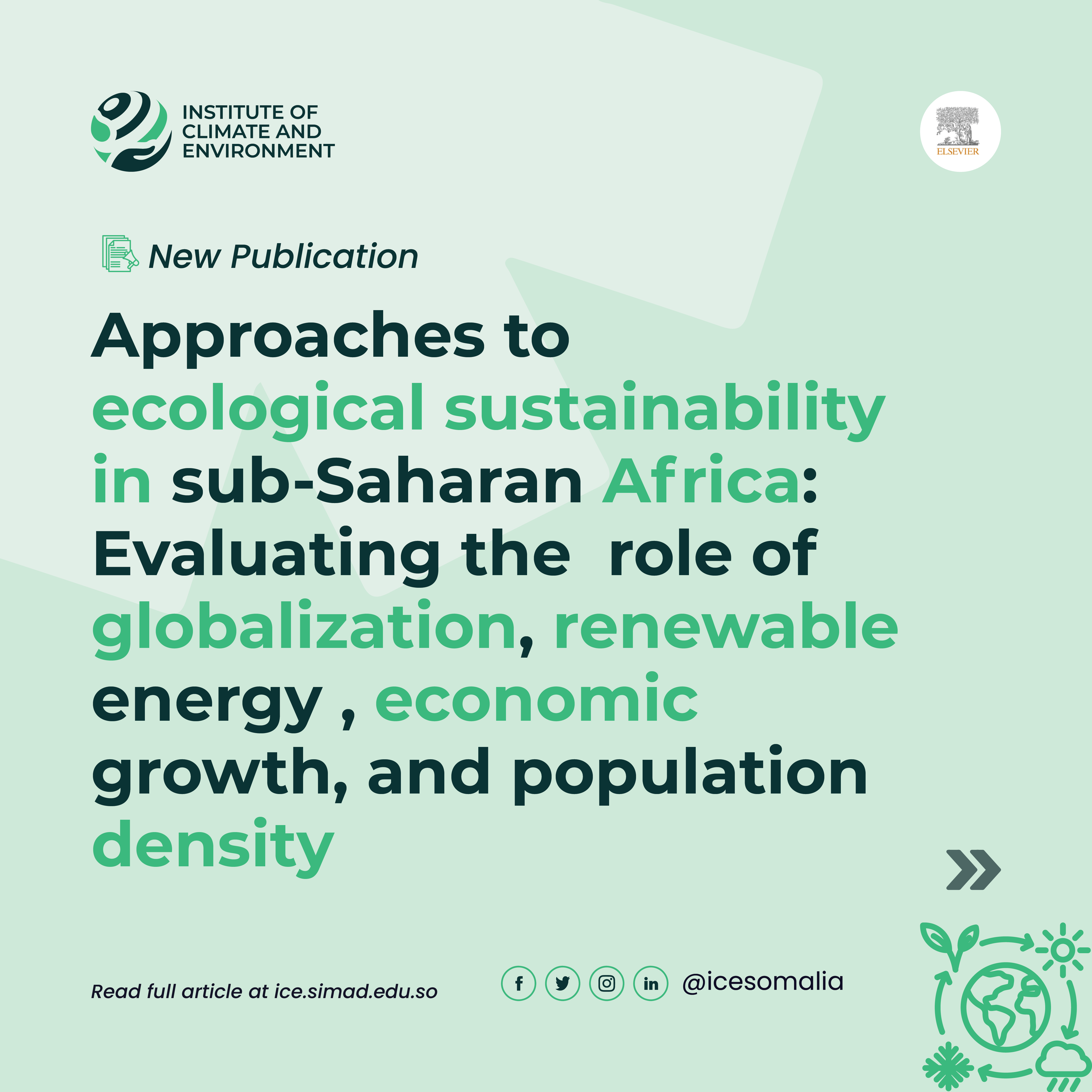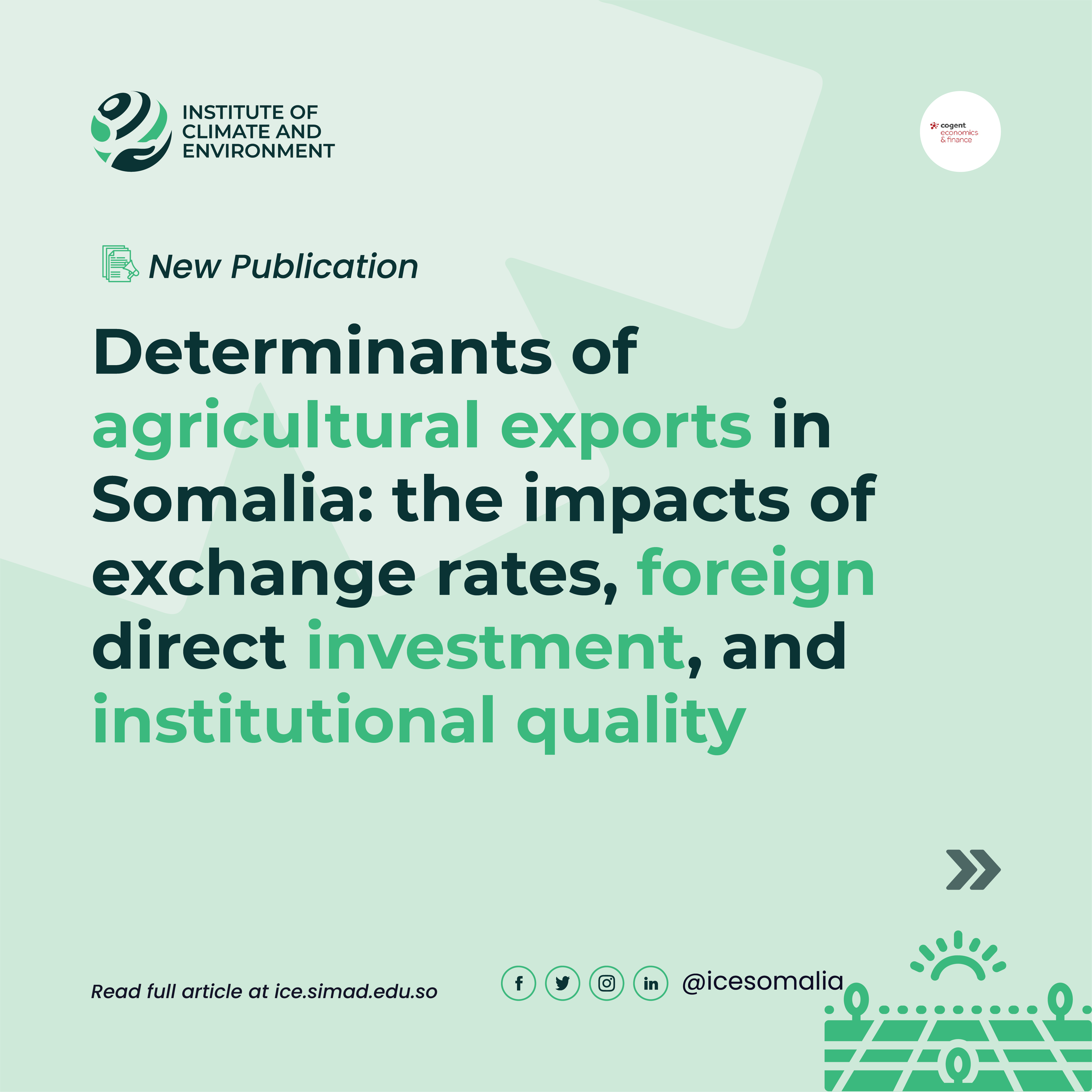Do globalization, foreign direct investment, and inflation drive income inequality? Evidence from Somalia within the Kuznets curve hypothesis
Income inequality remains one of Somalia’s most pressing socio-economic challenges. A new study (1990–2020) investigates how globalization, foreign direct investment (FDI), inflation, and other structural factors shape inequality within the framework of the Kuznets curve hypothesis. Using advanced econometric methods—including ARDL bounds testing, Kernel-based R
Accelerating Sustainable Transformation in Sub-Saharan Africa: The Role of Clean Energy, Digitalization, FDI, and Industrialization
Balancing economic growth with environmental sustainability remains a defining challenge for Sub-Saharan Africa (SSA). A recent study investigates how clean energy, digitalization, foreign direct investment (FDI), and industrialization influence ecological outcomes across 38 SSA countries between 2001 and 2020. Using advanced econometric techniques, the research uncov
Does food inflation exacerbate poverty in the Arab world? Assessing the impact of rural development and institutional quality
Rising food prices continue to threaten economic stability and social well-being across the Arab world. This study investigates how food inflation influences poverty levels in 14 Arab countries from 2001 to 2020, with a focus on the moderating roles of rural development and institutional quality. Utilizing panel econometric models, including the panel corrected standa
Education for sustainable development in Somalia: do economic growth, energy consumption, and population density affect ecological footprints?
Somalia faces intensifying ecological challenges, from deforestation to energy dependency. A recent study evaluates how education, energy consumption, population density, and economic growth impact Somalia’s ecological footprint from 1990 to 2020. Using ARDL and DOLS econometric models, the research uncovers several critical insights. First, energy consumption—lar
Modeling the impacts of energy consumption, ICT, industrialization, and urbanization on Somalia’s environmental sustainability: a hybrid approach using dynamic ARDL and KRLS methods
A study featured in Discover Sustainability provides important insights into the forces driving environmental change in Somalia. Led by scholars from the Institute of Climate and Environment (ICE) and SIMAD University, the research applies a dynamic blend of econometric and machine learning methods—specifically dynamic ARDL modeling and Kernel-Based Regularized Leas
Advancing Somali agriculture through digitalization: assessing the impacts of ICT and foreign direct investment on food production
A study published in Environmental Research Communications investigates how digital technologies and foreign investments are shaping food production in Somalia. Led by researchers from the Institute of Climate and Environment and SIMAD University, the study employs a hybrid analytical approach—combining the autoregressive distributed lag (ARDL) technique and Kernel-
Investigating the impact of property characteristics, cost of living, and environmental factors on rental prices in Baidoa’s climate-affected real estate market: a hybrid approach using hedonic regression and neural networks
A groundbreaking study published in Frontiers in Sustainable Cities examines how climate conditions, economic factors, and property attributes shape rental prices in Baidoa, Somalia. Conducted by researchers from the Institute of Climate and Environment (ICE), SIMAD University, and other institutions, the study applies a hybrid analytical approach—combining hedonic
Poor governance and weak social cohesion in Somalia’s Climate-stressed settings: the mediating effects of economicin efficiencies and limited human development
A recent study published in Cogent Economics & Finance by Dr. Mohamed Ibrahim Nor and Dr. Mohamed Mahees Raheem explores the intricate relationship between governance failures, economic inefficiencies, and social cohesion in Somalia’s climate-stressed regions. The research utilizes Structural Equation Modeling (SEM) to analyze how poor governance exacerbates eco
Approaches to Ecological Sustainability in Sub-Saharan Africa: Evaluating the Role of Globalization, Renewable Energy, Economic Growth, and Population Density
Balancing economic growth with environmental sustainability is a pressing challenge for Sub-Saharan Africa (SSA). This study explores the impact of globalization, renewable energy, economic growth, trade openness, and population density on ecological footprints and CO₂ emissions across 34 SSA nations from 1994 to 2021. Using advanced econometric techniques, includin
Determinants of Agricultural Exports in Somalia: The Role of Exchange Rates, Foreign Direct Investment, and Institutional Quality
Agricultural exports are critical to Somalia’s economy, providing employment, foreign exchange earnings, and economic stability. This study examines the key determinants of agricultural export performance in Somalia from 1985 to 2017, focusing on the impacts of exchange rate fluctuations, foreign direct investment (FDI), and institutional quality. Using an Autoregre
